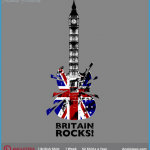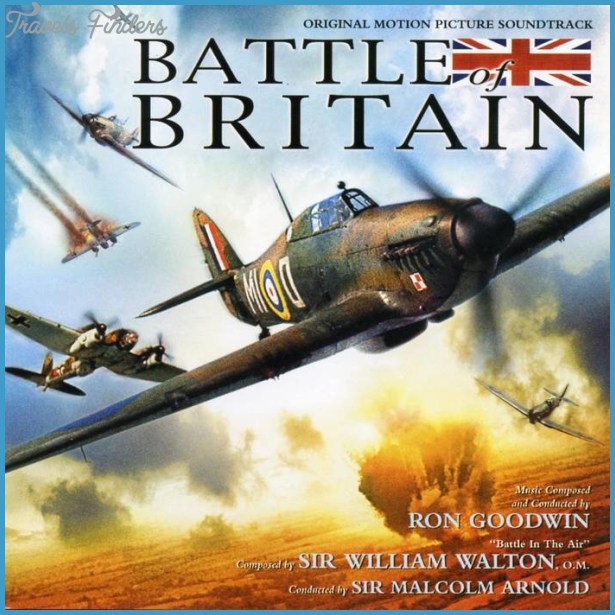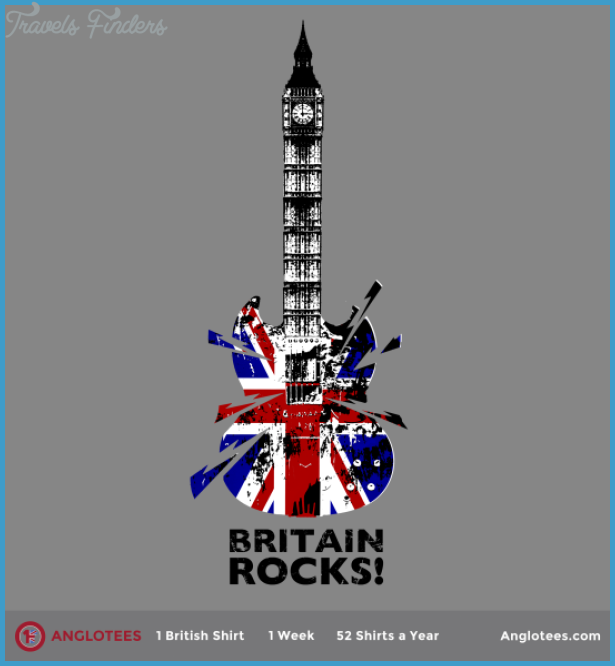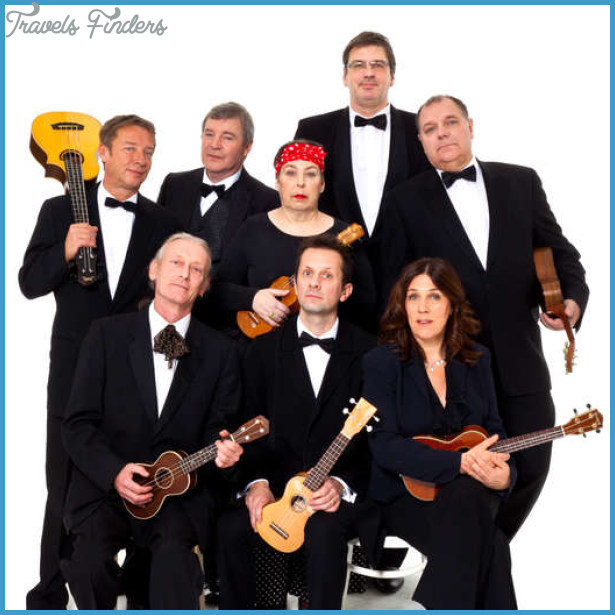MUSIC OF BRITAIN
During the Renaissance, English ears were tuned to cathedral anthems, psalms, madrigals, and the odd lute performance. Henry Purcell (1659-1695) rang in the Baroque with instrumental music for Shakespeare’s plays as well as England’s first great opera, Dido and Aeneas. The 18th century welcomed the visits of the foreign geniuses Mozart, Haydn, and George Frideric Handel, a German composer who wrote operas in the Italian style but spent most of his life in Britain. Today’s audiences are probably familiar with the operettas of W.S. Gilbert (1836-1911) and Arthur Sullivan (1842-1900); the pair were rumored to hate each other, but managed to produce gems such as The Mikado and The Pirates of Penzance. The world wars provoked Benjamin Britten’s (1913-1976) heartbreaking War Requiem and Michael Tippett’s (1905-1998) humanitarian oratorio, A Child of Our Time. Later 20th-century trends, including Andrew Lloyd Webber’s blend of opera, popular music, and falling chandeliers, demonstrate the commercially lucrative shift of British musical influence.
The British Invasion groups of the 1960s infiltrated the world with daring, controversial sound. The Beatles were the ultimate trendsetters, still influential more than three decades after their break-up. The edgier lyrics and grittier sound of the Rolling Stones shifted teens’ thoughts from “I Wanna Hold Your Hand” to “Let’s Spend the Night Together.” Over the next 20 years, England imported the Urban “mod” sound of The Who and guitar gurus Eric Clapton of Cream and Jimmy Page of Led Zeppelin. In the mid-1970s, British rock schismed, as the theatrical excesses of glam rock performers like Elton John and David Bowie contrasted with the conceptual, album-oriented art rock emanating from Pink Floyd. Punk rock bands like The Clash emerged from Britain’s industrial centers as a counter to self-indulgence.
British bands continued to achieve popular success on both sides of the Atlantic thanks to the 1980s advent of America’s Music Television. Dire Straits, Duran Duran, the Eurythmics, Boy George, Tears for Fears, and the Police have all enjoyed many top-10 hits. England’s influence on dance music is still significant; it boasts such stars as the Chemical Brothers and Fatboy Slim. Beatles-esque bands the Verve and Oasis cherish dreams of rock n’ roll stardom, while the tremendous popularity of American grunge rock inspired a host of poseurs in the UK, reaching maturity with Oxford’s conceptual innovators, Radiohead.













